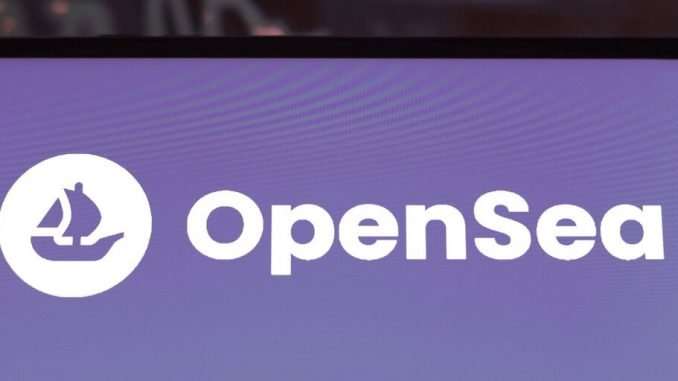Last evening, records emerged that NFT collection agencies had actually been shedding NFTs as well as Ethereum from budgets. OpenSea has actually currently validated that what occurred was a phishing attack, which saw over $1.7 million in properties changed to the destructive pocketbook, currently classified Fake_Phishing5169.
The destructive pocketbook made its initial deals back in December, however records of phishing task just started the other day. This pocketbook additionally has actually been involving with one more pocketbook that’s been noted as a component of an OpenSea phishing fraud.
In the previous 1 day, countless NFTs from collections with high flooring rates have actually been moved, such as Bored Ape Yacht Club NFTs, Cool Cats, Doodles, as well as Azuki NFTs. The Fake_Phishing5169 address additionally had actually made deals by means of competing NFT markets Rarible as well as LooksRare.
NFTs are cryptographically one-of-a-kind symbols that feed on a blockchain like Ethereum. Each NFT is connected to a property, like a photo or a video clip, representing possession.
A couple of hrs after the information damaged, OpenSea CEO Devin Finzer claimed: “We have confidence that this was a phishing attack. We don’t know where the phishing occurred.” But the business thinks that the attack really did not originated from OpenSea’s domain name which no reputable OpenSea e-mails, neither the OpenSea website banner, led to the attack.
“Minting, buying, selling, or listing items using opensea.io is not a vector for the attack. In particular, signing the new smart contract (the Wyvern 2.3 contract) is not a vector for the attack,” claimed Finzer, additionally clearing up that OpenSea’s listing movement device was not associated with the attack.
“We’re actively working with users whose items were stolen to narrow down a set of common websites that they interacted with that might have been responsible for the malicious signatures,” he included.
Finzer claimed that while there have actually been periodic stops briefly in the assailant’s task, OpenSea is proceeding to explore the scenario. He additionally validated that a string by Twitter individual Neso is “consistent” with his understanding of what occurred. Neso claimed those that shed properties authorized fifty percent of a legitimate wyvern order, which is a decentralized exchange method that can perform possession transfers.
Regardless of the resource of the attack, some are puzzled by the deals. For instance, why did the phishing fraudster send out 50 Ethereum ($132,597) to naterivers.eth after taking several of his properties and afterwards returning them? And why are some location addresses concealed by the Tornado Cash proxy, however some aren’t?
To protect against undesirable NFT as well as Ethereum token loss, it’s ideal to withdraw gain access to by means of Etherscan’s Token Approval function as well as take into consideration relocating important properties to an equipment pocketbook.
https://decrypt.co/93371/opensea-ceo-devin-finzer-responds-1-7-million-phishing-attack
Subscribe to Decrypt Newsletters!
Get the leading tales curated daily, regular summaries & deep dives straight to your inbox.




